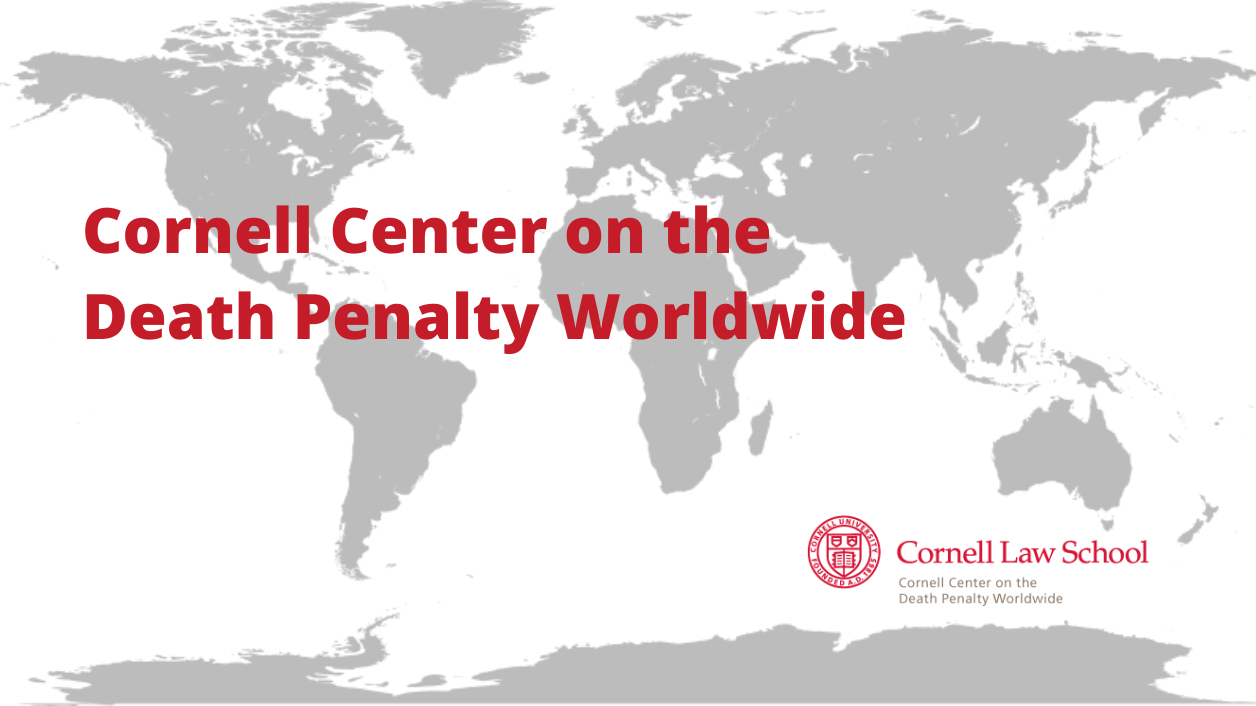Death Penalty Worldwide Publishes Global Review of Death Row Prison Conditions
Death Penalty Worldwide has published a review of prison conditions on death row around the world. The survey of the world’s 93 retentionist and abolitionist de facto countries reveals that dismal and inhumane conditions pervade prisons in countries that retain the death penalty, including overcrowding, understaffed prisons, insufficient medical care, unsanitary living conditions leading to infectious diseases, custodial deaths, torture, corruption and inmate-on-inmate violence.
The most common problem is prison overcrowding: prisons are filled beyond their capacity, sometimes housing up to two or three times the maximum number of inmates, and in some instances up to 600% more than the maximum holding capacity. The problem of understaffing has in part developed from overcrowded prisons, and has in turn led to security issues and jailbreaks.
Another widespread problem is insufficient or wholly absent medical care due to understaffing or inadequate supplies, which has caused custodial deaths on death row. In some cases, ill death row inmates are deprived of adequate medical care—or are deprived of any care at all—simply because they are on death row and already scheduled to die. Other custodial deaths are caused by malnutrition and infectious diseases (which are linked to the problems of inadequate medical care and overcrowding) and inmate-on-inmate violence.
Torture is also prevalent on death rows around the world, where inmates have been subjected to rape, shackling, extreme isolation or excessive use of solitary confinement and other methods of psychological or physical torture.
Corruption and abuse in prisons is also a problem. In some cases, prison staff demand bribes or sexual favors from death row inmates in exchange for necessities like food or water. Abuse can also take the form of humiliating treatment.
Further custodial deaths can result from inmate-on-inmate violence, which is of particular concern in prisons where more vulnerable inmates, such as juveniles, women and mentally ill prisoners are detained together with adult male prisoners.
Our analysis reveals that the majority of states that retain the death penalty in law or in practice fall far short of international human rights norms that protect every human being—including incarcerated prisoners—from cruel, inhuman, or degrading treatment or punishment.
